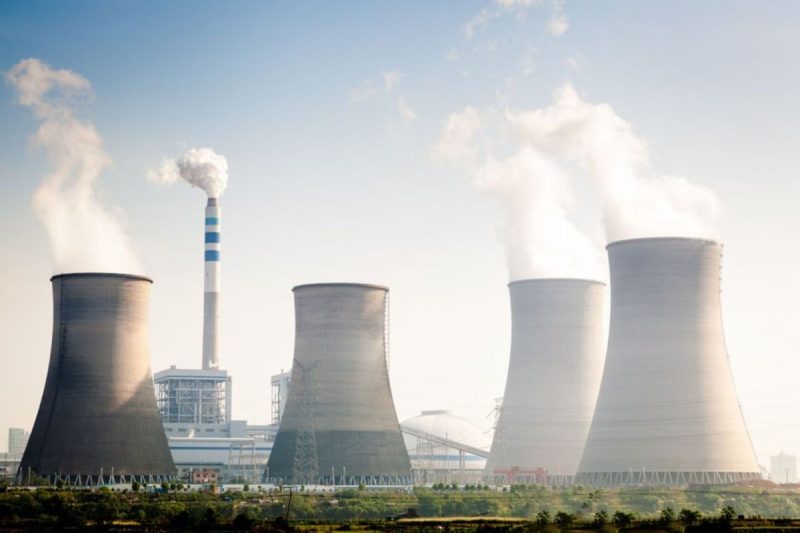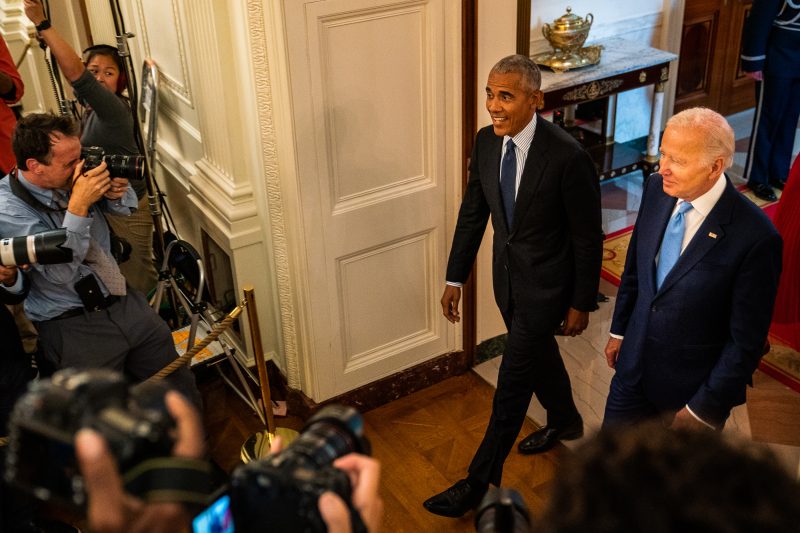Uranium Price Update: Q3 2023 in Review

The uranium market is experiencing its most favorable supply and demand fundamentals in more than a decade, as reflected by the performance of the U3O8 spot price during the third quarter.
After years in the commodities basement, uranium is shaking off the dust and answering the call for carbon-free fuel sources. The market is experiencing a revival in an era that offers a wider array of investment opportunities than the previous bull cycle.
How did uranium prices perform in Q3?
Uranium prices reached levels not seen since before Fukushima, surging past US$70 per pound late in Q3.
Uranium price chart, December 30, 2022, to September 30, 2023.
Chart via Cameco.
The quick rise of more than US$10 has analysts heralding the return of the long-awaited uranium bull.
Let’s have a closer look at some of the major factors influencing uranium’s price performance in the third quarter.
Nuclear renaissance fueling uranium demand
As the global push toward cleaner energy sources intersects with growing concerns around energy security, governments around the world are investing in nuclear power. The World Nuclear Association (WNA) notes that nuclear power’s promise as a reliable carbon-free source of electricity has allowed it to gain a larger role in the future energy mix.
“The turmoil in energy markets, which had begun even before the current conflict in Ukraine sent fossil fuel prices sky-high, has brought the issue of energy security to the fore, alongside the increasingly urgent requirements for rapid decarbonization to tackle climate change effectively,” said WNA Director General Sama Bilbao y León in July. “An increasing number of governments are recognising the value of nuclear generation to address all of these challenges.”
Japan is finally shaking off the effects of Fukushima by green-lighting restart plans for numerous nuclear facilities, as well as new builds. Meanwhile, China plans to add 32 nuclear reactors to its fleet by 2030. In other regions, including EU countries, the US and Canada, governments are working to extend the life of more than 140 existing nuclear plants. The WNA forecasts that these combined efforts will double annual uranium demand to 130,000 metric tons by 2040.
Utilities purchasing uranium in the spot market
Although growing demand is a key reason why uranium prices are rising, the story is really about supply.
For over a decade, the ultra-low price environment for uranium has led to shuttered production, mothballed expansion plans and little incentive for exploration. Now Russia’s war in Ukraine, political instability in Niger, production cuts by Cameco (TSX:CCO,NYSE:CCJ) and increased speculative buying are exacerbating an already unstable supply chain.
He believes a ‘supply black hole’ is emerging in the medium term.
‘The only inventory that exists right now in the world is strategic — this is held by nuclear utilities, and their inventories historically speaking are relatively low, and by nation states,’ explained Huhn.
Watch the full interview with Huhn.
All of this has galvanized utilities to secure more of the fuel, which is in turn placing upward pressure on uranium prices.
The need for utilities to lock in long-term contracts was on full display at this year’s World Nuclear Symposium, where Mart Wolbert, founder of Contrarian Codex, said he gained insight into what’s on the minds of uranium buyers.
Watch the full interview with Wolbert.
What’s ahead for uranium prices?
“When even the high-profile global climate scold Greta Thunberg acknowledges that nuclear power is an important ingredient in reducing carbon emissions, it might pay to take notice! And for many early investors in this sector’s renaissance, it already has,” quipped Temple. ‘Indeed, of all such stories, I have said for the last couple years and still say that NO commodity has a better supply/demand setup than uranium, nor is any as insulated from a global economic downturn.”
In June, Temple said the market could see US$100 uranium inside of two years. The widely held belief is that robust demand will inevitably overtake an ever-weakening supply side that has little chance of catching up in the short to medium term.
“While US$70 uranium provides an incentive to bring online some idled capacity, the reality is prices will need to move much higher in the next couple of years as the supply deficit widens and demand for uranium increases. Our belief is the supply/demand models of today significantly underestimate Chinese consumption, (small modular reactor) growth and scarcity of inventories,” noted Finegold. “Particularly noteworthy is Kazatomprom (LSE:59OT,OTC Pink:NATKY), who after various management changes have failed to provide clarity in their mega deal with the Chinese. This has the potential to put over 40 percent of global supply in the balance and is a story we believe the market continues to underestimate.”
For his part, Wolbert said uranium prices need to reach and sustain above the US$85 to US$90 level to really incentivize new production. However, higher prices will not necessarily translate to new supply coming to the market right away given entrenched workforce, materials transportation and intellectual capital challenges. “I believe a supply response, even at much higher prices, will take time to come online, which means that prices likely will go much higher for much longer,” he said.
Watch the full interview with Rozencwajg.
Investor takeaway
Securities Disclosure: I, Melissa Pistilli, hold no direct investment interest in any company mentioned in this article.




